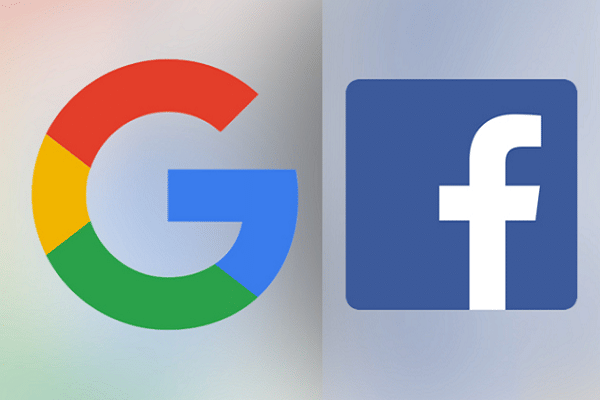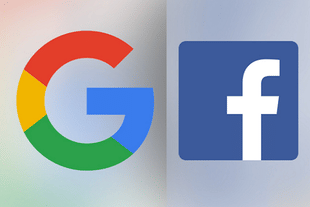News Brief
Google Hit With Another Huge Antitrust Lawsuit, 10 US States Accuse It Of Colluding With Facebook To Dominate Online Ad Market
Swarajya Staff
Dec 17, 2020, 12:33 PM | Updated 12:33 PM IST
Save & read from anywhere!
Bookmark stories for easy access on any device or the Swarajya app.


A group of Republican-led 10 states have filed a suit against Google on Wednesday, alleging anti-competitive practices by the social media behemoth related to its ad technology.
The lawsuit, which is one of several antitrust cases Google now has been hit with, charges Google with engaging in a wide variety of anti-competitive behavior to create and maintain its monopoly power in digital ad markets and keep out competitors. It also alleges that Google and Facebook illegally agreed not to compete with each other.
The suit — filed by Texas and eight other states — also alleges that Google and Facebook colluded to fix prices and divide up the market for mobile advertising between them by shutting out rival ad exchanges.
“Google has repeatedly and brazenly violated antitrust and consumer protection laws. Its modus operandi is to monopolize and misrepresent. Google uses its powerful position on every side of the online display markets to unlawfully exclude competition.” the law suit stated.
The suit referred to the Google's 2008 acquisition of DoubleClick, the then leading provider of the ad server tools that online publishers, including newspapers and othermedia companies, used to sell their graphical display advertising inventory on exchanges.
Post the acquisition, the suit said that Google, leveraged its new-found position as middleman between publishers and exchanges. Google made it a requirement for publishers to license Google’s ad server and to transact through Google’s exchange in order to do business with the one million plus advertisers who used Google as their middleman for buying inventory.
“Google completely controls the publisher ad server market for display inventory through its product called Google Ad Manager (GAM). Google originally acquired its publisher ad server in 2008 from DoubleClick. Today, GAM controls over 90 percent of this product market in the United States. Essentially every major website (e.g., USA Today, ESPN, CBS, Time, Walmart, and Weather.com) use GAM. As a result, GAM, as the middleman between publishers and exchanges, has the power to foreclose competition in the exchange market.” the lawsuit said.
The states also accused Google and Facebook of fixing prices and allocating markets between themselves as competing bidders in the auctions for publishers’ web display and in-app advertising inventory.
“Google offered Facebook information advantages, speed advantages, and other prioritizations, to the detriment of other auction participants,” the states said. “The agreement allocated a portion of publishers’ auction wins to Facebook, subverting the free operation of supply and demand.”
The collective lawsuit by the state accused Google of using its market power to “extract a very high tax of [redacted] percent of the ad dollars otherwise flowing to the countless online publishers and content producers like online newspapers, cooking websites, and blogs who survive by selling advertisements on their websites and apps.” In turn, these businesses pass costs on to consumers, causing them harm, lawsuit concluded.
The anti-trust law suit by state alleging that Google teamed up with Facebook to suppress competition to ensure duopoly in ad tech markets comes daya fter another antitrust suit the Justice Department filed against the company in October.
On Oct 21, the US Justice Department filed an antitrust lawsuit alleging that Google uses anti-competitive tactics to preserve a monopoly for its flagship search engine and related advertising business.
The lawsuit, filed in federal court in Washington, D.C, charges Google with using a web of business agreements that maintain the search engine’s prominence to the detriment of competitors.
The lawsuit alleged that Google used billions of dollars collected from advertisements on its platform in order to pay other carriers and cell phone makers to maintain Google as their preset default browser, cementing its position as the destination for 80 percent of all internet search queries in the U.S.





